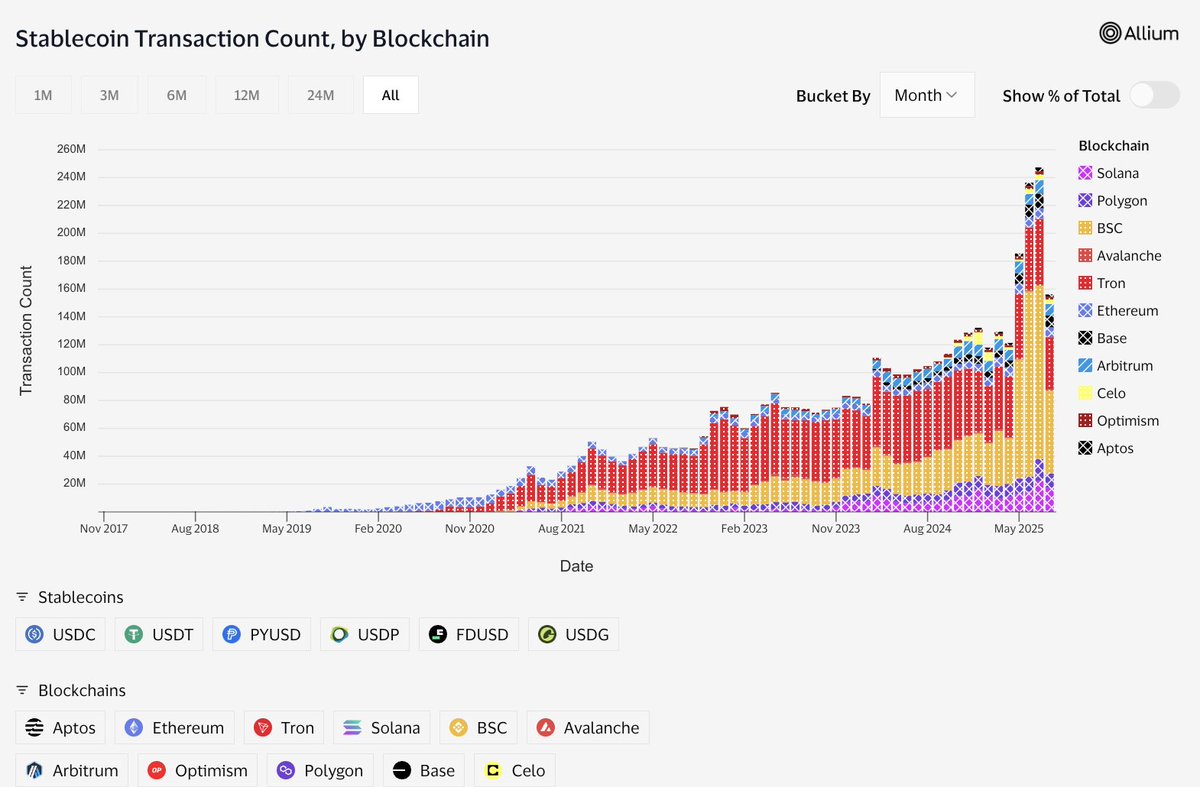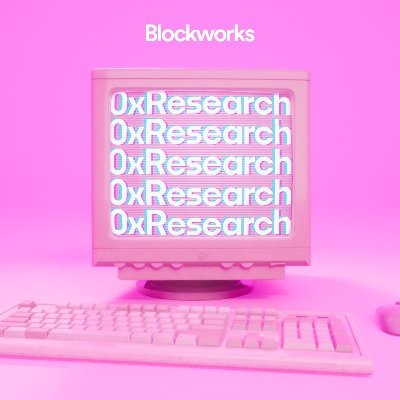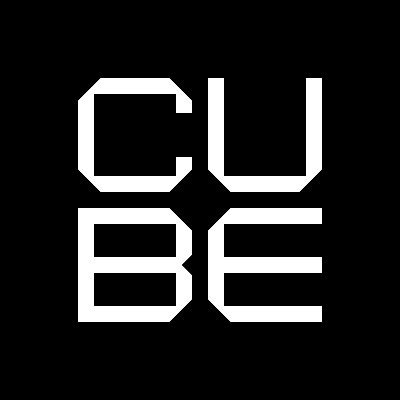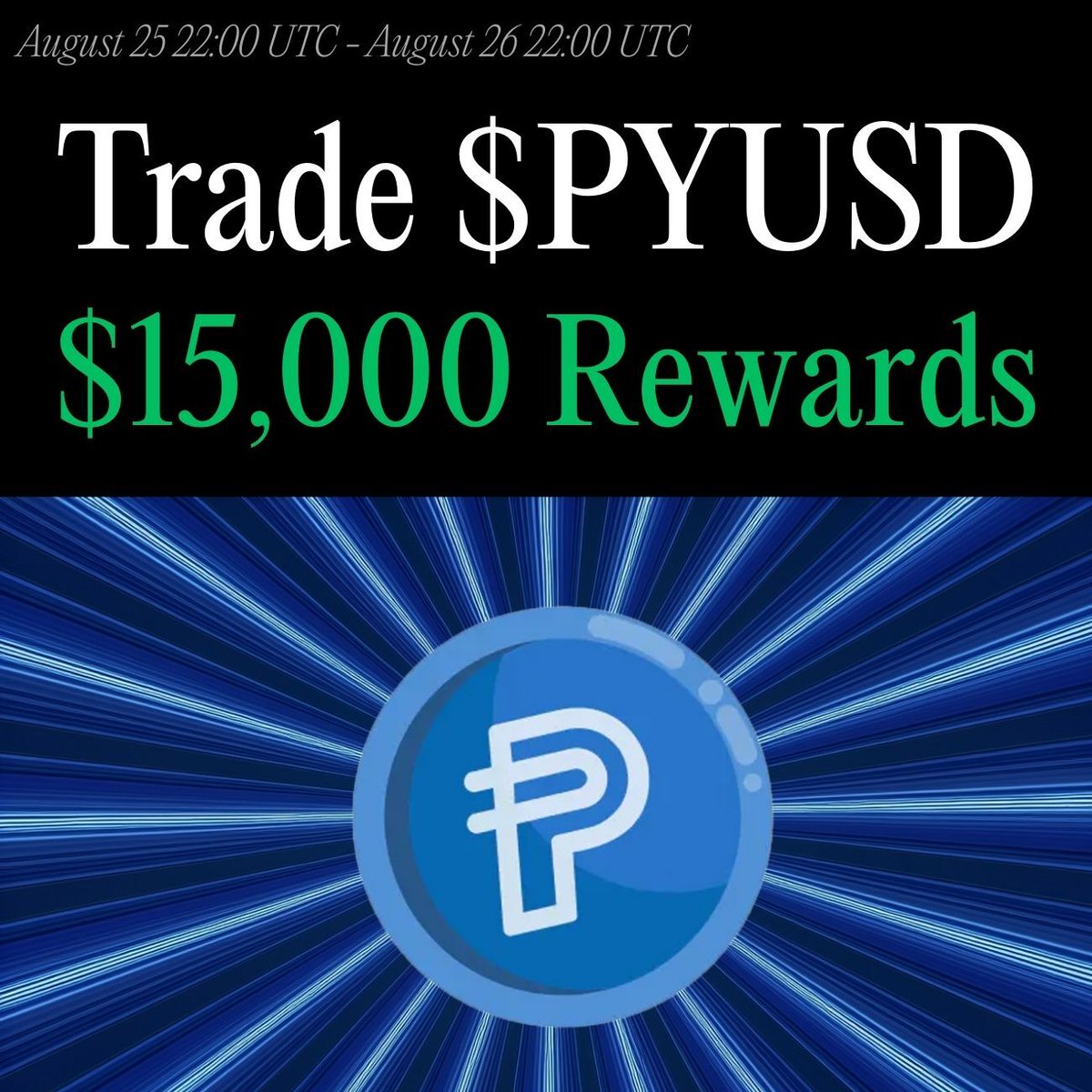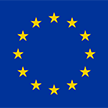PayPal USD price
in USD$0.99904
$0.00 (+0.00%)
USD
We can’t find that one.
Check your spelling or try another.
Check your spelling or try another.
Market cap
$1.16B #53
Circulating supply
1.16B / 1.16B
All-time high
$4.999
24h volume
$73.97M
4.2 / 5


About PayPal USD
PYUSD, or PayPal USD, is a stablecoin designed to maintain a 1:1 value with the US dollar, offering a reliable and secure way to transact in the digital economy. Issued by Paxos and supported by PayPal, PYUSD is built on blockchain technology, ensuring transparency and efficiency. Its primary purpose is to enable seamless payments, remittances, and transfers, both within the PayPal ecosystem and across supported blockchain networks like Ethereum, Stellar, and others. PYUSD is particularly useful for individuals and businesses looking for a stable digital currency to facilitate transactions, reduce volatility risks, and bridge traditional finance with the growing world of decentralized finance (DeFi).
AI-generated

Last audit: --
PayPal USD’s price performance
Past year
--
$0.00
3 months
-0.02%
$1.00
30 days
+0.11%
$1.00
7 days
+0.01%
$1.00
PayPal USD’s biggest 24-hour price drop was on Oct 5, 2024, (UTC+8), when it fell by $4.013 (-80.28%). In Oct 2024, PayPal USD experienced its biggest drop over a month, falling by $4.013 (-80.28%). PayPal USD’s biggest drop over a year was by $4.013 (-80.28%) in 2024.
PayPal USD’s all-time low was $0.986 (+1.32%) on Oct 5, 2024, (UTC+8). Its all-time high was $4.999 (-80.02%) on Oct 5, 2024, (UTC+8). PayPal USD’s circulating supply is 1,156,312,889 PYUSD, which represents 100.00% of its maximum circulating supply of 1,156,312,889 PYUSD.
PayPal USD in the news
PayPal USD on socials

To be honest, I am not optimistic about the future of #LINEA.
The Layer2 hype has long faded, making it difficult to assign a high valuation.
Even a strong player like @arbitrum has a TVL of $19 billion, accounting for nearly 40% of the entire Layer2 market, with a market cap of only $2.8 billion.
In contrast, #linea has a TVL of only $1 billion, just one-twentieth of Arbitrum's. Even with the support of the MetaMask wallet, its own wallet business is continuously being eroded, making it hard for the market to buy in.
It's a bit lamentable; I originally thought 2023 would be the beginning of Layer2 prosperity, but it turned out to be the peak.
Currently, #ARB continues to lead in the stablecoin sector, performing steadily.
➤ Last month, PayPal deployed its stablecoin $PYUSD on Arbitrum, supporting micropayments and enterprise use cases.
➤ @Paxos directly integrated stablecoins with Arbitrum.
➤ Wyoming issued the first state-level stablecoin $FRNT, choosing Arbitrum as one of its initial blockchains.
➤ After the Atlas upgrade, transaction fees dropped to below $0.05, a 90% reduction, with further upgrades expected to enhance performance.
Data source:
#Arbitrum #linea #arb #layer2 #kaito
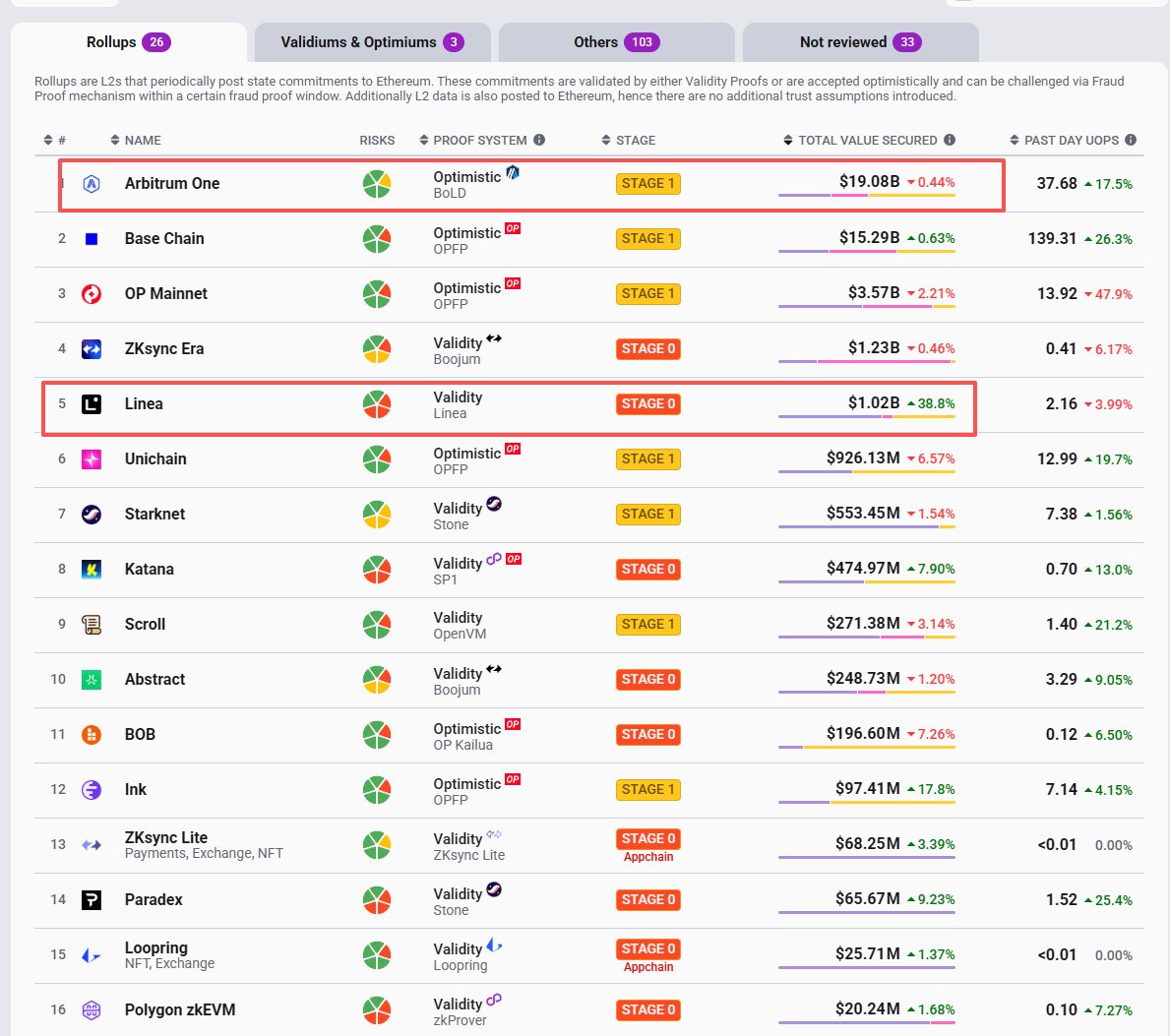
Guides
Find out how to buy PayPal USD
Getting started with crypto can feel overwhelming, but learning where and how to buy crypto is simpler than you might think.
Predict PayPal USD’s prices
How much will PayPal USD be worth over the next few years? Check out the community's thoughts and make your predictions.
View PayPal USD’s price history
Track your PayPal USD’s price history to monitor your holdings’ performance over time. You can easily view the open and close values, highs, lows, and trading volume using the table below.

PayPal USD on OKX Learn
PayPal USD (PYUSD) Expands to Solana: Revolutionizing Stablecoin Payments
Introduction to PayPal USD (PYUSD) In August 2023, PayPal made a groundbreaking move in the cryptocurrency space by launching its U.S. dollar-backed stablecoin, PayPal USD (PYUSD). Issued by Paxos Tru

PayPal USD: Revolutionizing Cross-Border Payments and B2B Transactions
PayPal USD (PYUSD): A Game-Changer in the Stablecoin Landscape In 2023, PayPal made headlines by launching its own stablecoin, PayPal USD (PYUSD), becoming the first global financial company to take s

PayPal USD FAQ
Currently, one PayPal USD is worth $0.99904. For answers and insight into PayPal USD's price action, you're in the right place. Explore the latest PayPal USD charts and trade responsibly with OKX.
Cryptocurrencies, such as PayPal USD, are digital assets that operate on a public ledger called blockchains. Learn more about coins and tokens offered on OKX and their different attributes, which includes live prices and real-time charts.
Thanks to the 2008 financial crisis, interest in decentralized finance boomed. Bitcoin offered a novel solution by being a secure digital asset on a decentralized network. Since then, many other tokens such as PayPal USD have been created as well.
Check out our PayPal USD price prediction page to forecast future prices and determine your price targets.
Dive deeper into PayPal USD
PayPal USD (PYUSD) is a stablecoin backed by U.S. dollars. It maintains a 1:1 value with the U.S. dollar, ensuring stability. Users can buy, sell, hold, and transfer PYUSD through PayPal’s platform. It is compatible with Ethereum and Solana.
Disclaimer
The social content on this page ("Content"), including but not limited to tweets and statistics provided by LunarCrush, is sourced from third parties and provided "as is" for informational purposes only. OKX does not guarantee the quality or accuracy of the Content, and the Content does not represent the views of OKX. It is not intended to provide (i) investment advice or recommendation; (ii) an offer or solicitation to buy, sell or hold digital assets; or (iii) financial, accounting, legal or tax advice. Digital assets, including stablecoins and NFTs, involve a high degree of risk, can fluctuate greatly. The price and performance of the digital assets are not guaranteed and may change without notice.
OKX does not provide investment or asset recommendations. You should carefully consider whether trading or holding digital assets is suitable for you in light of your financial condition. Please consult your legal/tax/investment professional for questions about your specific circumstances. For further details, please refer to our Terms of Use and Risk Warning. By using the third-party website ("TPW"), you accept that any use of the TPW will be subject to and governed by the terms of the TPW. Unless expressly stated in writing, OKX and its affiliates (“OKX”) are not in any way associated with the owner or operator of the TPW. You agree that OKX is not responsible or liable for any loss, damage and any other consequences arising from your use of the TPW. Please be aware that using a TPW may result in a loss or diminution of your assets. Product may not be available in all jurisdictions.
OKX does not provide investment or asset recommendations. You should carefully consider whether trading or holding digital assets is suitable for you in light of your financial condition. Please consult your legal/tax/investment professional for questions about your specific circumstances. For further details, please refer to our Terms of Use and Risk Warning. By using the third-party website ("TPW"), you accept that any use of the TPW will be subject to and governed by the terms of the TPW. Unless expressly stated in writing, OKX and its affiliates (“OKX”) are not in any way associated with the owner or operator of the TPW. You agree that OKX is not responsible or liable for any loss, damage and any other consequences arising from your use of the TPW. Please be aware that using a TPW may result in a loss or diminution of your assets. Product may not be available in all jurisdictions.
Market cap
$1.16B #53
Circulating supply
1.16B / 1.16B
All-time high
$4.999
24h volume
$73.97M
4.2 / 5




